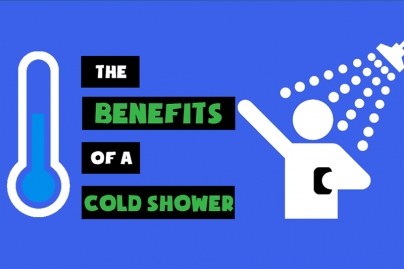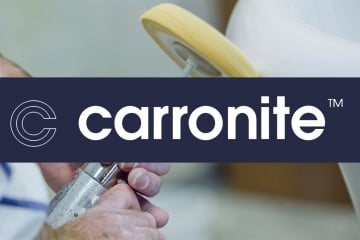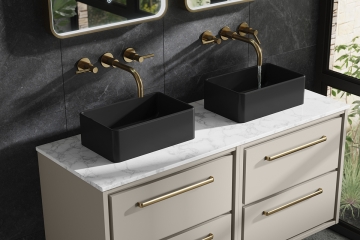The Benefits of a Cold Shower

The Benefits of a Cold Shower
For generations, people were blighted by unwelcome cold showers. Whether it's because you run out of hot water or the result of a housemate flushing the toilet, a sudden burst of cold water has long been the spoiler for an otherwise enjoyable shower. Modern showers have done much to reduce the frequency of this unpleasant experience, with thermostatic showers, which cut off if the water supply is interrupted, and electric showers that heat cold water almost instantly. With modern plumbing rendering frequent cold showers a thing of the past, you might be wondering why anyone would ever choose to take one.
Increasingly, experts are discussing the potential benefits of a cold shower or at least ending a hot shower by turning the temperature down. One of the more obvious reasons to take a cold shower (and one that can actually be proven) is that they are more environmentally friendly and can reduce your energy bills compared to warm showers, though it's up to you to decide whether or not this is worth the discomfort you'll endure.
Origins of Cold Showers
In ancient history, people invariably had cold showers, whether this was the result of bathing in waterfalls or simply having no way to heat their water. The Egyptians and Romans were some of the first people to heat water on stoves before pouring it into their baths. By the time of the Victorians, showers were being produced which could store warm water overhead until a handle was pulled and caused it rain down on the user. You can find out more about the general history of showers elsewhere on this blog.
One of the earliest modern mentions of taking a cold shower appears in the original James Bond novels, which make reference to the secret agent's tendency to turn the water temperature down to near freezing after an otherwise warm shower. This technique is sometimes referred to as the “Scottish Shower” but its appearances in Ian Fleming's writings have also led to it being called the “James Bond Shower”. Every few years, it seems that stories circulate the internet after somebody discovers rumours of the therapeutic power of cold showers but is there any truth to them? Here are some of the more popular theories about cold showers.
Improved Alertness
Cold showers can feel extremely unpleasant, especially if your body isn't used to them. However, this shock to your system is bound to wake you up in the morning and the increased respiration and heart rate can result in greater alertness. Just as warm showers or baths help you relax before bed, cold showers have the opposite effect and ensure you're wide awake and ready for the day ahead. Golden age Hollywood icon Katharine Hepburn was a proponent of freezing cold showers and baths throughout her life, which may have contributed to her exuberant personality. She also lived to the age of 96, so a cold shower is certainly not detrimental to your health as long as you dry yourself and get dressed quickly afterwards.
Protecting Hair and Skin
Much is made of the negative effects of extreme heat on hair and skin, drying out skin and leaving hair thin and frizzy. Cold water can have the opposite effect, protecting your body's natural oils and keeping your hair healthy. It also tightens your pores, making it harder for dirt to get in and clog them, improving your complexion. Cold water is also far kinder to certain skin conditions that are sensitive to heat, such as eczema, and can greatly reduce the associated itchiness.
Improving Circulation
Your body's response to a cold shower is to accelerate your heart rate and pump blood at a higher rate in order to maintain your ideal body temperature. This is perfectly safe and can help improve circulation if performed a few times per week. Though it won't have as much of an effect as going for a jog or cycle, this little boost to your heart rate can help help slightly lower your blood pressure, clear arteries and helps you feel healthy and alert.
Accelerating Muscle Recovery
Ice baths are not a recent invention, with athletes having taken them for decades. A cold shower is (fortunately) not as extreme as bathing up to your neck in freezing water but it can still prove beneficial if taken shortly after exercise. While warm water is effective at helping soothe and relax your body most of the time, a cold shower helps reduce swelling on your joints and lets you cool off after intense physical activity.
Relieving Stress
On the one hand, taking a cold shower probably sounds like quite a stressful way to spend ten minutes. Over time, however, your body can adapt to these rapid shifts in temperature, making you far more comfortable with being exposed to the cold. Some studies suggest that this can even improve the body's ability to cope with the physical effects of stress.
Improving Weight Loss
Recent years have seen an increase in the rumours that cold showers can increase weight loss and there is a scientific basis for this theory. There are two main types of fat in a person's body: the first of these is white fat, which is caused by excess calories and is the main thing we try to combat in the gym. There is also another type, brown fat, that the body can burn in order to generate heat. As the cold shower shocks your system, your body responds by burning brown fat in attempt to keep itself warm. Brown fat cells are more concentrated around the neck and shoulders, so cold showers can be effective at shaving some weight in these locations.
When Not to Take a Cold Shower
Although there are a number of possible advantages to taking a cold shower, there are certain times that you should avoid them. If you're already cold or your home is not warm, a cold shower can lower your temperature even further and slow the rate at which you can recover and get warm. In addition, a cold shower is not recommended if you're feeling ill; your body may not be able to cope with the rapid changes in temperature and they might worsen any health conditions you're currently suffering. It's always best to avoid shocking your system if you're unwell.
Ultimately, there are benefits to both cold and hot showers and which type you should take depends on the intended effect. Some experts suggest that it's best to take a lukewarm shower, essentially one that is as cool as possible without being uncomfortable. As enjoyable as hot showers are (they also have benefits such as steam helping clear your airways), a lukewarm shower prevents damage to your hair and skin without being unbearably cold. To help protect your skin further, moisturising immediately after a shower helps replace the natural oils lost during your wash and can keep your skin hydrated.
Related Posts
The patented, triple-layer Carronite reinforcement system has been a staple in the bath industry for 40 years. We dig into the truth behind the strapline...
Countertop and inset basins look completely different, function quite differently in daily use, and suit different bathroom styles and practical needs. So here's how to work out which one's actually right for your space.
Choosing between floor-standing and wall-mounted vanity units should be straightforward, but it's actually one of those decisions where both options have genuine advantages and some proper drawbacks that aren't immediately obvious until you've lived with them.




